Introduction to the Franchise Glossary
Franchising comes with its own language, and if you’re exploring franchise ownership, you may run into terms that feel unfamiliar or confusing. That’s why we created this Franchise Glossary—a simple guide to the most common franchise terms and definitions every future business owner should know. From the Franchise Disclosure Document (FDD) to royalty fees and protected territories, this resource will help you navigate the process with confidence. Whether you’re brand new to franchising or a seasoned entrepreneur, understanding these key terms is the first step toward making informed decisions and finding the right franchise opportunity.
Franchise Glossary: Key Terms Every Future Owner Should Know
Advertising Fee (Marketing Fund)
A recurring fee (often monthly) paid by franchisees to support brand-wide marketing and advertising efforts.
Discovery Day
An in-person (or virtual) event at the franchisor’s headquarters where prospective franchisees meet leadership, learn about the business, and get final questions answered before signing.
Franchise Agreement
The legally binding contract between the franchisor and franchisee that outlines rights, responsibilities, fees, and operational standards.
Franchise Disclosure Document (FDD)
A legal document (required in the U.S.) that provides detailed information about the franchise system, including financial performance, fees, litigation history, and support provided.
Franchise Fee
The one-time, upfront cost paid to the franchisor to gain the rights to operate under their brand.
Franchisee
The individual or group that purchases the right to own and operate a franchise location.
Franchisor
The parent company that owns the brand, systems, and trademarks, and grants licenses to franchisees.
Initial Investment
The total startup cost to open a franchise. This includes the franchise fee, equipment, leasehold improvements, working capital, and other expenses.
Master Franchise
A franchisee who purchases the rights to develop a large territory (such as a region or country) and often has the ability to sell sub-franchises.
Protected Territory
A defined geographic area where a franchisee is given exclusive rights to operate, ensuring no competing franchise locations are opened nearby.
Resale Franchise
An existing franchise unit that is sold by the current owner, rather than opening a brand-new location.
Royalty Fee
An ongoing fee (often a percentage of gross revenue) paid to the franchisor for continued brand use, training, and support.
Semi-Passive Ownership
A franchise ownership model where the franchisee hires staff or managers to handle day-to-day operations, allowing them to oversee the business part-time.
Turnkey Business
A business that’s fully set up and ready to operate immediately, with all equipment, systems, and training in place.
Validation
The process of speaking directly with current franchise owners (franchisees) to gain insight into their experiences, financial results, and overall satisfaction before investing.
Working Capital
The cash reserves needed to cover ongoing business expenses (like payroll, rent, and supplies) until the franchise breaks even.
